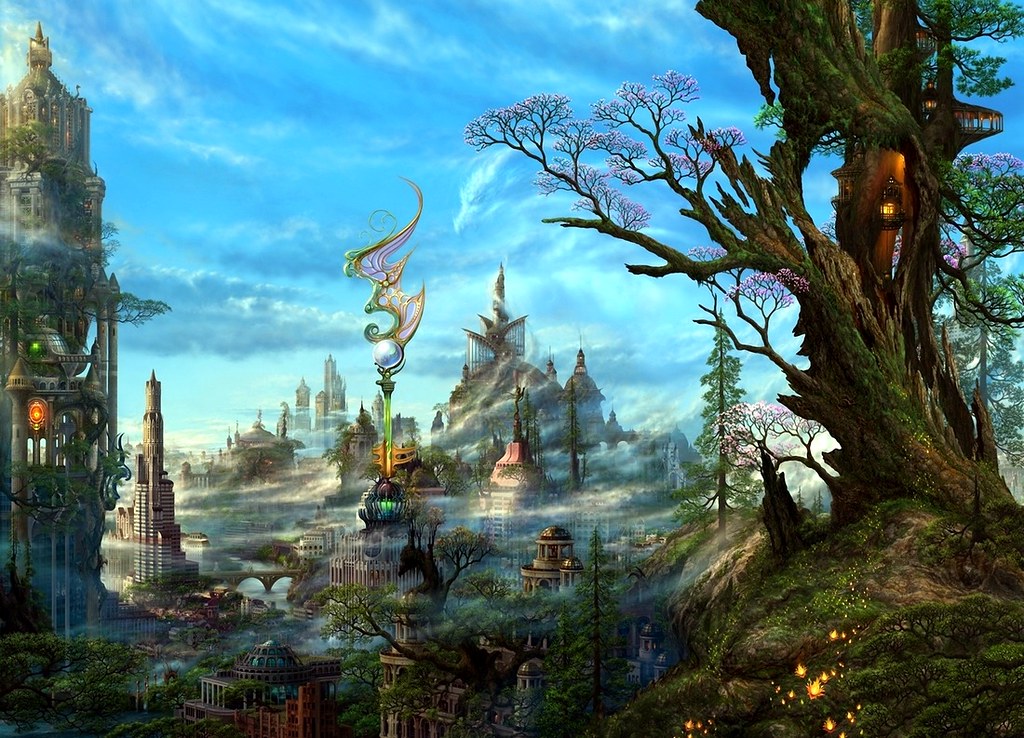
Books offer an escape from humdrum life, and if ever there was a year to escape into fiction, then 2020 is surely it. Of all the genres, Fantasy arguably offers the greatest level of escapism. While a hard-boiled detective novel set in Luton has some grounding in reality (the city’s layout, if nothing else) Fantasy has no such boundaries. Fantasy novels can be just as rooted in reality as other genres, including everything from fairy tales to alternate history novels where only a single historical detail varies. They can also be otherworldly, set in entirely made-up worlds, or be anywhere between those polar extremes.
The vast scope of Fantasy makes the genre one of the most diverse. So here are three very different Fantasy novels you might like to try.
Druids Without Asterix
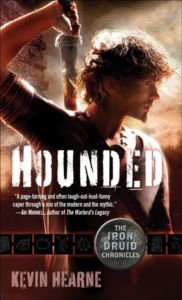 Kevin Hearne’s Hounded is set in modern day Arizona, and in a world largely like our own except that supernatural creatures exist. The novel follows Atticus, a druid living a peaceful life in the USA. We learn early on that Atticus has been around a long time thanks to his druidic connection to the land, more than long enough to acquire some powerful enemies keen on shattering his idyllic life. The story world is well thought out, with some great ideas (mind to mind communication with his dog may be the greatest idea ever) and an entertaining storyline. There are gods, monsters, witches, a couple of interesting human characters, and Atticus is a likeable protagonist.
Kevin Hearne’s Hounded is set in modern day Arizona, and in a world largely like our own except that supernatural creatures exist. The novel follows Atticus, a druid living a peaceful life in the USA. We learn early on that Atticus has been around a long time thanks to his druidic connection to the land, more than long enough to acquire some powerful enemies keen on shattering his idyllic life. The story world is well thought out, with some great ideas (mind to mind communication with his dog may be the greatest idea ever) and an entertaining storyline. There are gods, monsters, witches, a couple of interesting human characters, and Atticus is a likeable protagonist.
Hounded is the opening volume of Hearne’s Iron Druid series, and it’s a fun read with plenty of interesting ideas. The series (already complete, so no waiting around for the last volume) gets better with each book, weaving mythology – particularly Irish mythology – and Urban Fantasy together in an entertaining story arc. Later books bring in more viewpoint characters, but Hounded works well as both an introduction to the series and as a self-contained story.
John Dies at the End
D avid Wong’s John Dies at the End has been around for a while, long enough to have spawned two sequels and a film adaption. It’s a mix of horror, comedy, and fantasy, with plenty of silliness and a side order of conspiracy. There aren’t many contemporary books of a similar bent, and perhaps the closest book in spirit is the 70s cult classic The Illuminatus! Trilogy. The narrative’s pretty pacy, with a strong supernatural element and an entertaining pair of protagonists. The pair’s relationship is somewhat reminiscent of classic buddy cop movies, but the duo are much less competent and far more amusing.
avid Wong’s John Dies at the End has been around for a while, long enough to have spawned two sequels and a film adaption. It’s a mix of horror, comedy, and fantasy, with plenty of silliness and a side order of conspiracy. There aren’t many contemporary books of a similar bent, and perhaps the closest book in spirit is the 70s cult classic The Illuminatus! Trilogy. The narrative’s pretty pacy, with a strong supernatural element and an entertaining pair of protagonists. The pair’s relationship is somewhat reminiscent of classic buddy cop movies, but the duo are much less competent and far more amusing.
The novel tends towards the slightly juvenile, but if you can forgive that, it’s an entertaining read. Much of the humour is tongue-in-cheek and there’s plenty of silliness throughout a book which doesn’t take itself too seriously. Sometimes a bit of silliness is exactly what we need, and John Dies at the End is good, silly fiction at its best.
The Book of the Fallen
Incredibly, its over 20 years since the publication of Gardens of the Moon, Steven Erikson’s first novel in the Malazan Book of the Fallen series. Stretching across 10 volumes, published over more than a decade, the series is about as epic as Epic Fantasy can ever hope to get.
Fans of Epic Fantasy have almost certainly heard of it, but if you haven’t and feel like dipping your toe in the genre, Gardens of the Moon is a great place to start. Game of Thrones may be more widely known (at least in part due to the TV series) but Erikson’s series is bigger in scope, written better, and actually complete, a feat which still eludes the Game of Thrones novels. Another key difference is how the authors approach violence, death, and profanity. Erikson, an archaeologist, is far more subtle and his depictions of battle and war feel more authentic as a result. There’s plenty of action in the series but, unlike George R. R. Martin, he doesn’t seem to revel or delight in it; it always serves the story.
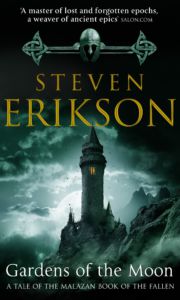 Gardens of the Moon follows a group of soldiers in an extended conflict, but the book is far more than just a military campaign. There’s a large cast, plenty of interesting human and non-human characters, a complex but well thought out magical system and a story with plenty going on. It’s a self-contained story, so you don’t have to commit to the series after reaching an unsatisfying ending. The writing’s deft and Erikson keeps things moving along at pace, and without losing depth. Perhaps the novel’s greatest asset, however, is the vivid, complex world it takes place in. Erikson created the story world with friend and fellow author Ian C. Esslemont and their attention to detail shows throughout. There’s lots of factions and groups with different interests, but none seem unnecessary.
Gardens of the Moon follows a group of soldiers in an extended conflict, but the book is far more than just a military campaign. There’s a large cast, plenty of interesting human and non-human characters, a complex but well thought out magical system and a story with plenty going on. It’s a self-contained story, so you don’t have to commit to the series after reaching an unsatisfying ending. The writing’s deft and Erikson keeps things moving along at pace, and without losing depth. Perhaps the novel’s greatest asset, however, is the vivid, complex world it takes place in. Erikson created the story world with friend and fellow author Ian C. Esslemont and their attention to detail shows throughout. There’s lots of factions and groups with different interests, but none seem unnecessary.
Gardens of the Moon is a great entry to the shared world created by Erikson and Esslemont, and it’s one both authors have added to with further novels and series, so if you like it there are plenty more books to discover.

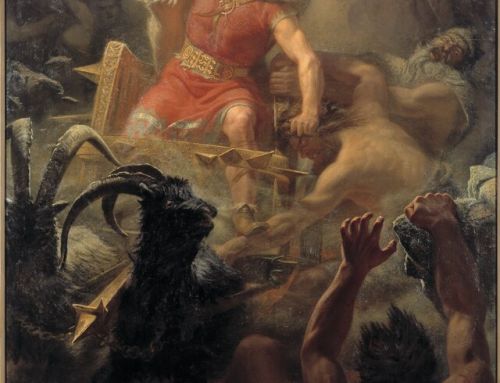


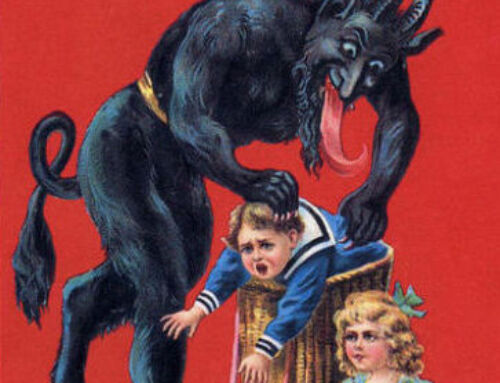
Leave A Comment